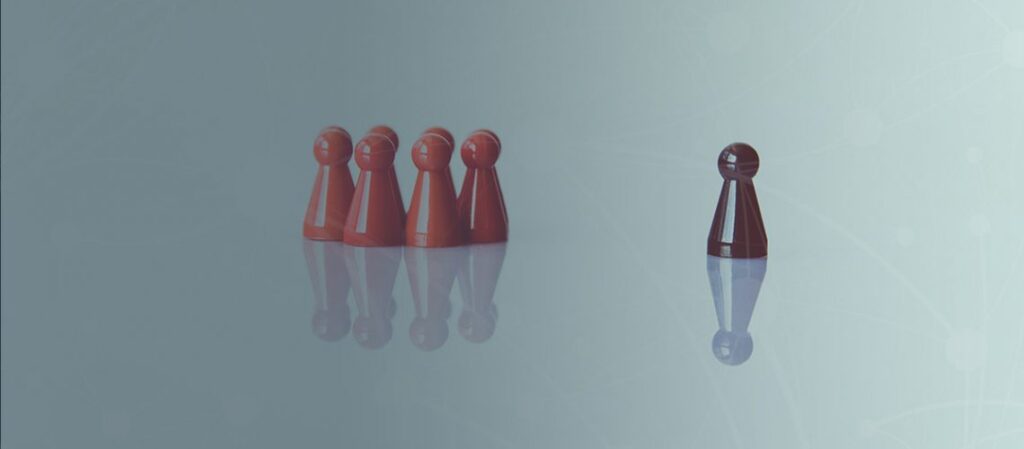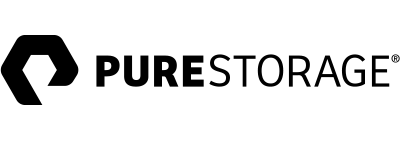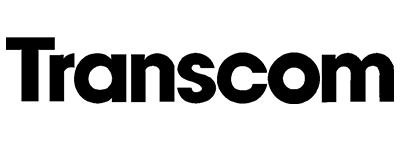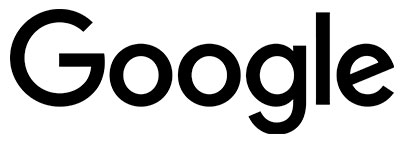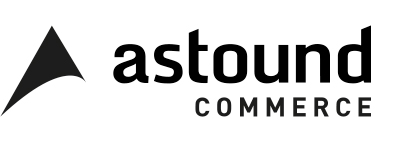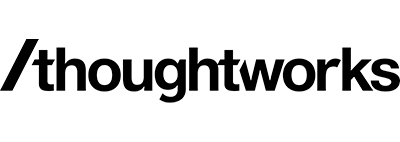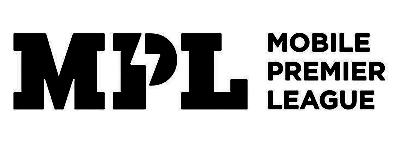It is impossible to change who someone is, but Behavioural Science makes it surprisingly easy and efficient to change what someone does.
Data Analyst Melissa Nassimiha, explores the science behind your bias.
Think about your organisation. How do you visualise it?
You’re probably thinking about a group of people categorised by the different departments they belong to.
We tend to automatically think that employees are differentiated by who they are – data scientist, CEO, sales representative and so on. But we often overlook the fact that people across departments have different roles, deal with different situations yet do similar things: socialising, interacting with managers, making sense of leadership communications, and planning for the week ahead.
Behavioural Science is the study of what people do and why they do it. Applied to an organisation, it shifts the focus from who one is at work, to what one does.
How can Behavioural Science help you?
Behavioural Science can help you influence behaviour, and help people make better decisions for themselves, and for your company. This can be achieved either by taking advantage of those biases to lead people in the right direction without them necessarily realising, or by making those biases aware to people in order to fight them.
Now you may be thinking that use of Behavioural Science feels instinctively fake or manipulative. It is actually the opposite. The goal of Behavioural Science is to understand how people behave and why, in order to obtain the desired results without having to restrict people’s pool of choices. It helps take out any friction so you can get the best out of employees, by aligning processes and interventions with people’s natural tendencies, rather than going against them.
When leaders lay the right foundations, Behavioural Science can quickly make a difference that can be seen and measured.
Some examples of the biases Behavioural Science can help mitigate are:
Status quo bias
People tend to feel more regretful when bad outcomes are the result of new actions, rather than when they result from inaction. In organisations, this bias is even stronger given that consequences don’t fall just on the individual but often on the organisation at large. Preferring the known-route in both everyday and big decisions can sometimes be the right choice, but if it becomes a default based on an ingrained bias, it will lead to ignoring options that may benefit the individual and the organisation.
Behavioural Science can help counteract the effects of this bias by acting on the psychological constructs that are linked to it: loss aversion (we give more weight to potential losses than potential gains); regret avoidance (we tend to choose the status quo to avoid disappointment); the sunk cost fallacy (the more the individual/the company invested in the standard way of doing things, the harder it is to change route, even when it means more losses); the mere exposure effect (preferring things we’ve already been exposed to, no matter whether good or bad).
Organisational norms
In organisations, people form ideas of what they should do based on what they perceive others to regularly do. Those ideas become assumptions that drive behaviour. The behaviours may be unproductive, but it can be extremely hard to break that self-reinforcing cycle of observed behaviours and automatic assumptions, which form the foundations of your company culture. Behavioural Science can help make a difference in tackling those assumptions, and therefore the potentially harmful actions and resultant culture that could otherwise occur.
You can do that by investigating organisational dynamics and processes without stopping at the overt level of stated values and behaviours, uncovering the gaps between stated behaviours and actual behaviours, and tracing the latter back to the assumptions that generated them in the first place. Assumptions are a consequence of implicit learning processes. By bringing those implicit learning processes into awareness, people are given the choice to change them.
Group think
Behavioural Science shows that once a group starts adopting a certain opinion, it’s extremely difficult for individuals to bring in another thought or have differing opinions. This can be damaging to organisations because there is no space for debate and they can quickly become echo chambers; it can also be damaging to individuals, where over time people may feel like their opinions don’t permeate the noise and they then feel less valuable and engaged. This is the problem of groupthink.
However, by addressing and understanding this human tendency you can build processes that combat groupthink. During recruitment, for example, you can make people fill out a statement on the candidate before they enter the group discussions. There we’d say, never let the most senior person in the room speak first. Make sure that everyone notes the opinion right after having seen the recruitment candidate and before sharing their opinion. This will allow people’s true opinion to shine through without outside influence.
Unconscious bias
Unconscious biases are social stereotypes that people form outside of their own conscious awareness – and outside of choice. Everyone has these unconscious or implicit biases and it therefore seeps into almost every organisation or sector imaginable: recruitment, criminal justice, healthcare, journalism – the list goes on. While it is believed that unconscious stereotyping serves to help us group people by expected traits and navigate the world without being overwhelmed, the trouble remains that the capacity for prejudice is wired into the human brain.
If you think of our ancestors, they had to favour their own in-group and family members in order to ensure the survival of their own descendance. For evolutionary reasons, favouring strangers rather than family and people that are similar to you is completely irrational. But our context has changed drastically, and our brain didn’t have the time to keep up.
This bias is very different from explicit bias and racism, but Behavioural Science shows us that it still has to be managed in order to create fair organisations and avoid the possibility that it could turn into conscious discrimination. It gives us the tools to recognise it and understand it. Understanding the relative strengths and weaknesses of innate intuition – and questioning why you hold these opinions – can help leaders draw on their expertise more effectively and avoid the affliction of unconscious bias.
Our Behavioural Science approach
At Temporall we believe that people are an organisation’s greatest asset. But while leadership teams often make choices with people in mind, they are rarely done with people at the centre. Leaders must work to truly understand the intricacies of their people and how human behaviours can impact an organisation.
We use Behavioural Science at varying levels to provide an organisation with deep insights that will impact business outcomes. By understanding how and why people make their choices and hold certain opinions, we can help devise leadership strategies that harness the best and negate the worst, and work to improve employee behaviour. The combination of our Behavioural Science expertise, AI techniques and data analysis allows us to really understand your organisation based on data that already exists.
The best part about it is that since it has to do with human behaviour, it is not restricted to specific use cases. Where there are humans, there is human behaviour. You name an organisational problem, Behavioural Science can contribute to solving it.

